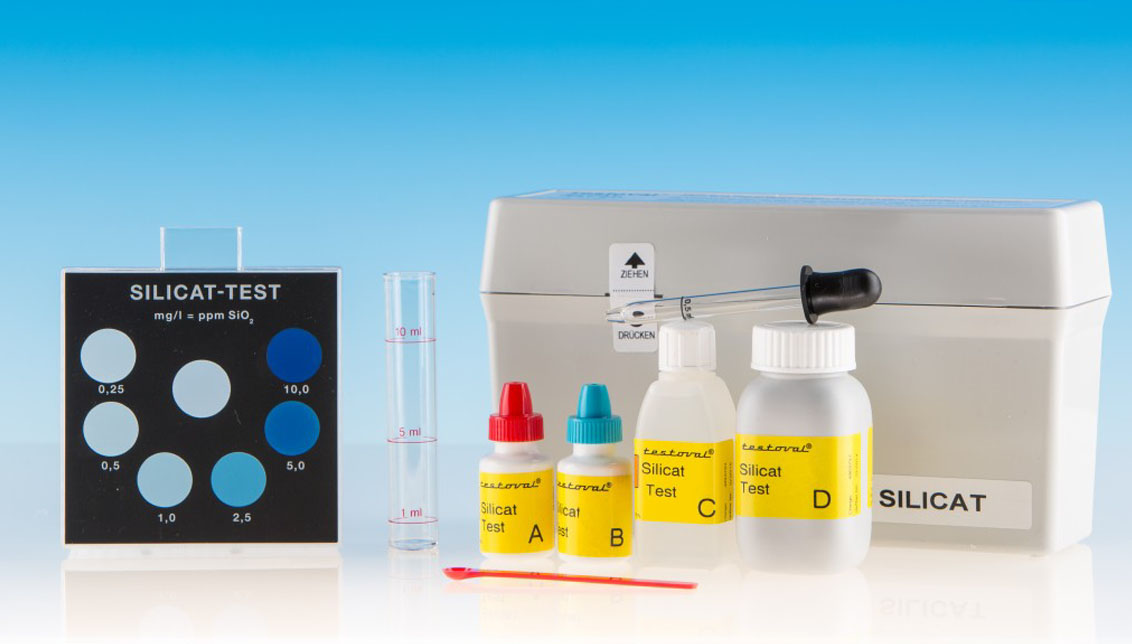Why is it crucial in anaesthesia to comply with the prescribed guidelines for water treatment in the sterilisation process?
In ENT (ear, nose and throat) surgery in hospitals, it is very important to provide sterile instruments for various surgical procedures. The most common operations in this area include
- Tonsillectomy (tonsillectomy)
- Septoplasty (nasal septum correction)
- Myringotomy and tympanostomy tubes
- Laryngectomy (removal of the larynx)
To ensure that the procedures are carried out in a sterile environment, the reprocessing unit for medical devices (AEMP) requires a constant supply of demineralised process water (fully desalinated water) for the cleaning, disinfection and sterilisation processes. The quality of the water used plays a decisive role in minimising the risk of infection. Contamination by bacteria, viruses or fungi in the operating theatre can lead to serious infections such as otitis (ear infection), sinusitis (inflammation of the sinuses) or pharyngitis (inflammation of the throat). Such infections can make additional operations necessary and delay the patient's recovery. To reduce the risk of infection, instruments must be reprocessed safely using specially treated process water. For this purpose, the AEMP uses special water treatment systems that guarantee the provision of ultrapure water. The water quality is continuously monitored to ensure that all recommended limits are adhered to. This constant monitoring contributes significantly to reducing the risk of infection and guarantees the safe and effective reprocessing of medical instruments.








